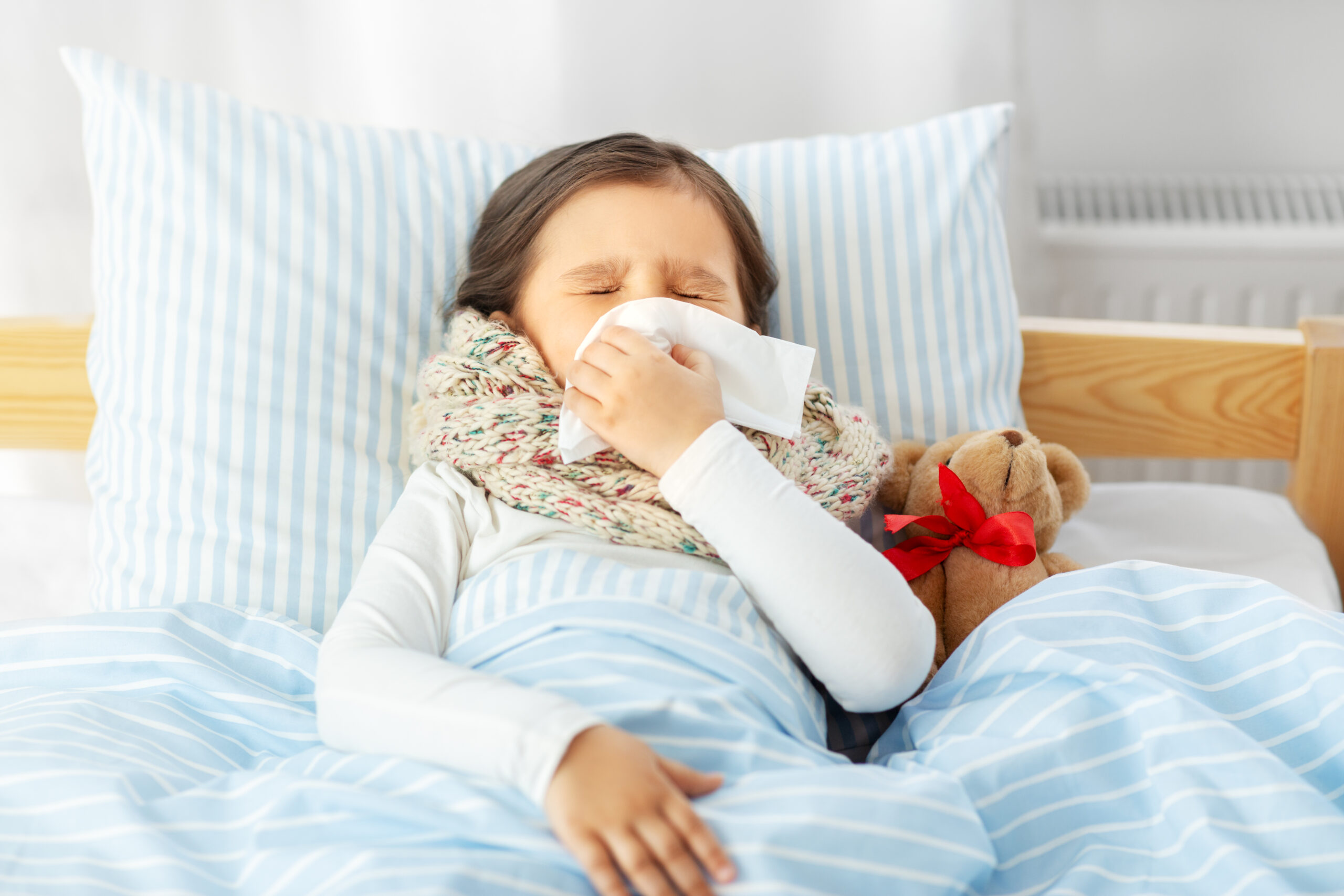What is H3N2 Flu in Kids?
H3N2 flu in kids is a type of influenza caused by the H3N2 virus. This virus is a strain of the flu that often affects children. Because kids have developing immune systems, they may get sick more easily. The Centers for Disease Control and Prevention (CDC) notes that H3N2 can spread quickly in schools and daycare centers. For this reason, it is important to know the signs and ways to prevent the flu in children.
Common Symptoms
Children and H3N2 flu often show symptoms that appear suddenly. Some symptoms may be mild, while others can be severe. Early detection helps prevent complications. Watch for these pediatric flu symptoms:
Sometimes, symptoms can last for a week or longer. However, most children start to feel better within a few days.
Causes and Risk Factors
The H3N2 flu virus spreads from person to person. Usually, it travels through droplets when someone coughs or sneezes. Kids can also catch the virus by touching surfaces with the virus and then touching their mouth or nose. Certain factors increase the risk of getting H3N2 flu in kids:
Because children often play closely together, the virus can spread quickly among them.
Diagnosis Methods
Doctors use several ways to diagnose H3N2 flu in children. First, they ask about symptoms and recent contact with sick people. Next, they may do a physical exam. Sometimes, a rapid flu test is done using a swab from the nose or throat. This test gives results in about 15 minutes. In some cases, doctors may send samples to a lab for more detailed testing. Early diagnosis helps start treatment sooner and prevents the spread of the virus.
Treatment Options
Treatment for H3N2 flu in kids focuses on easing symptoms and preventing complications. Most children recover at home with rest and fluids. However, some may need medicine. Doctors may prescribe antiviral drugs if the flu is caught early. These medicines can shorten the illness and make symptoms milder. The CDC recommends starting antiviral treatment within two days of symptoms. Other helpful steps include:
Always talk to your doctor before giving any medicine to your child.
Prevention Tips
Preventing flu in kids is possible with a few simple steps. Because the H3N2 virus spreads easily, it is important to protect your child and others. Try these prevention tips:
Because the flu vaccine changes each year, it is important to get the latest shot before flu season starts.
When to See a Doctor
Most children recover from H3N2 flu without problems. However, some signs mean you should call a doctor right away. Watch for:
If you notice any of these signs, seek medical help quickly. Early care can prevent serious problems.
In summary, H3N2 flu in kids can be serious but is often preventable. Because children are at higher risk, knowing the symptoms and prevention steps is important. Consult a pediatrician for personalized advice on H3N2 flu in children.

